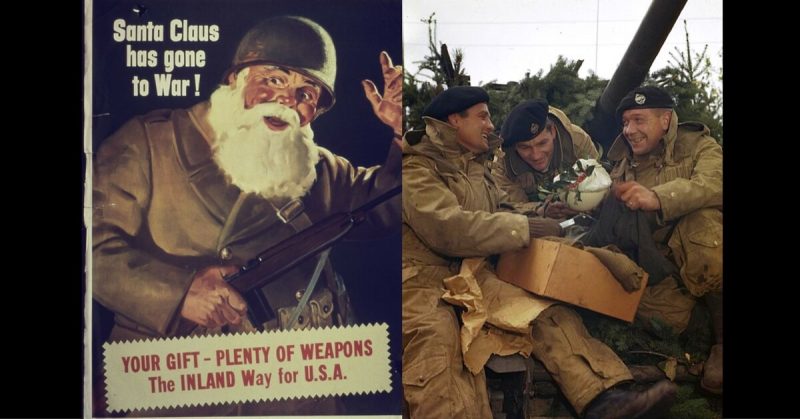Christmas is a time of year when all the family comes together to celebrate. It is a time when food is plentiful, alcohol is flowing, and the shops are full to the brim with gifts and treats for everyone to enjoy. It was not always like that.
During World War II and for several years afterward the attitude was ‘mend or make do.’ Families were torn apart by evacuations and military service, and Christmas was a completely different affair.
People did still celebrate, and some of the most well-known Christmas songs come from this period. Hits such as ‘White Christmas’ and ‘I’ll be home for Christmas’ were released during this time when everyone on the home front was contributing towards the war effort. Rationing affected every household in Britain.
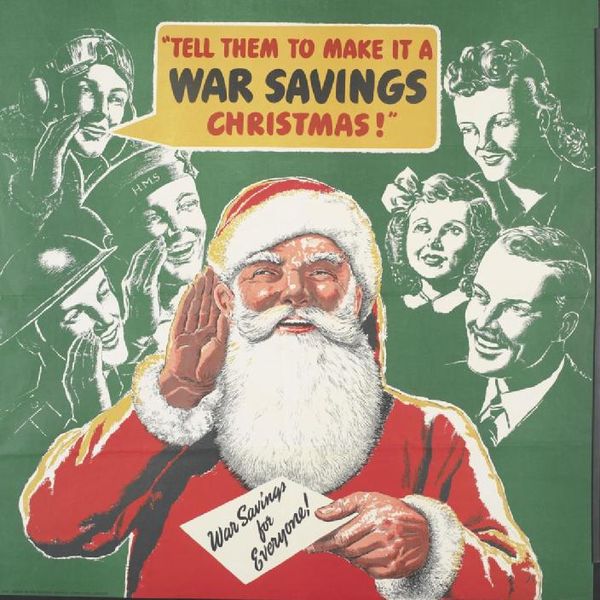
Christmas in 1939
Food rationing was announced in November 1939 when the Minister of Food, William Shepherd Morrison, told the citizens of the UK that butter and bacon would be rationed from January 1940 onwards.
The government debated over whether they should dissuade people from spending frivolously at Christmas. Some ministers thought extra spending would be good for morale while the Chancellor asserted that money should not be spent wastefully. However, despite this restaurants and hotels were fully booked, as people remained set to enjoy Christmas before rationing began.
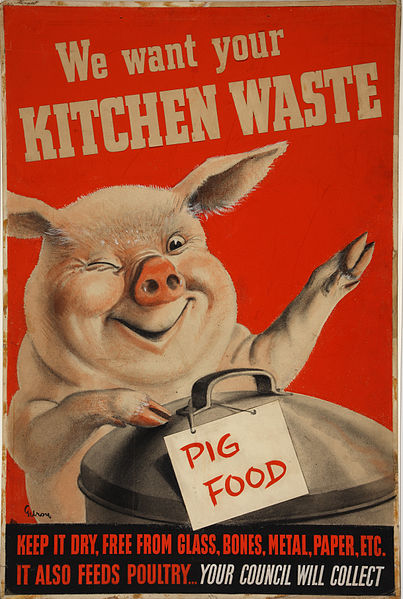
Christmas Bonus
By the time Christmas rolled around in 1940 British citizens had been used to rations for almost a year; it had become a part of everyday life. Weekly rations included 4oz of bacon/ham, 6oz of butter/margarine, 2oz of tea, 8oz of sugar and 2oz of cooking fats or meat. As part of the Christmas Bonus that year, the tea ration was doubled and the sugar quota increased by a third.
Some non-rationed food was available, but prices were high. By this time French imports were almost gone, and any imported food in shops was incredibly expensive. Gifts that were given this year were practical, including bags of fertilizer, books, seeds and gardening equipment. The most popular present, however, was soap.
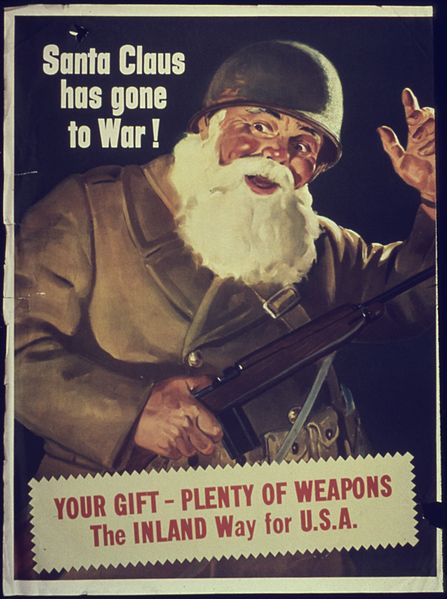
Extended rationing
In 1941 clothing and materials were becoming restricted, and by Christmas that year, rationing had increased as cheese, jam and preserves, milk and eggs were added to the list. Wrapping paper and toys were hard to come by; toys being either expensive or of shoddy quality. Homemade presents became more popular. Magazines in December were full of ideas to make gifts yourself at home.
Turkeys, chocolate, fruit, and gin were also in short supply, as well as tobacco products. People had to make alternative arrangements and use what they had.
The ration system changed to one made up of points; everyone had an allocation of 16 points for the month to spend on goods.
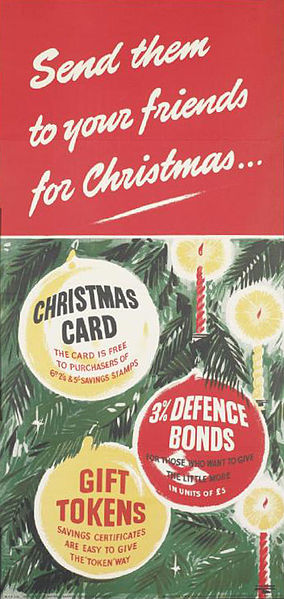
Life got harder
By Christmas 1942 domestic soap and toilet soap had been added to the list of rationed items. People saved their points coupons or items of food for months in advance to keep for the festive season. There was only 4oz of household soap allowed per month and 2oz of domestic soap.
According to the book Christmas and the British: A Modern History, the Minister of Food encouraged people to create Christmas decorations out of pieces of holly or shrubbery and dip them in a strong solution of Epsom salts. The idea was that when dried the plants would look frosted and could be used to decorate Christmas puddings. There were no fruit bowls by this time as the fruit was so scarce. Instead, people were encouraged to create vegetable bowls. The Ministry commented that ‘vegetables have such jolly colors.’
Rationing in the 50s
Some food was rationed right up until 1953. During this time the Minister of Food decided what would be restricted and what would not be.
In 1950, Maurice Webb, then Minister of Food, decided what the Christmas Bonus was and it included an order. The serving of turkey was prohibited to once during Christmas week in restaurants. That year there was an addition of 1.5lbs of sugar, 6oz in sweets, 4oz in cooking fats, and 2oz of bacon; provided they could successfully be delivered from Canada.
If people chose to have their sugar bonus in December however, they forfeited the same in January. This January addition was often considered essential for making marmalades and jams from leftover Christmas fruit.
Source: Christmas and the British: A Modern History, Martin Johnes, published 6th October 2016.
Christmas and the British: A Modern History, Martin Johnes, published 6th October 2016.
